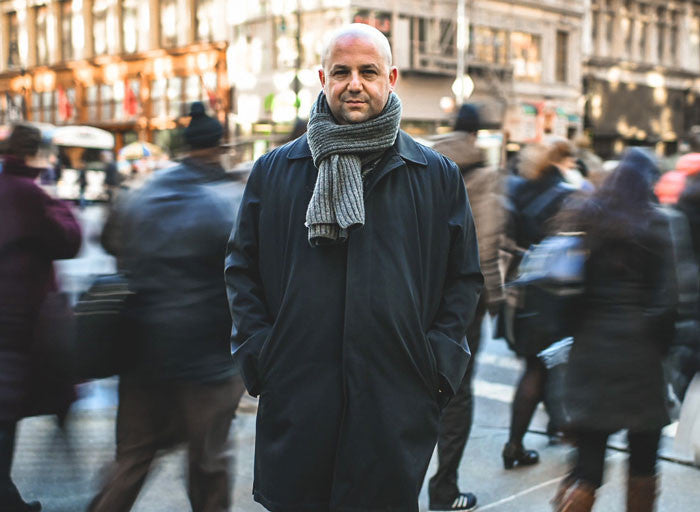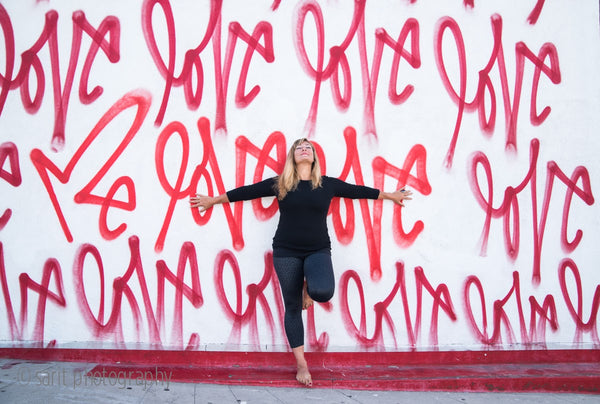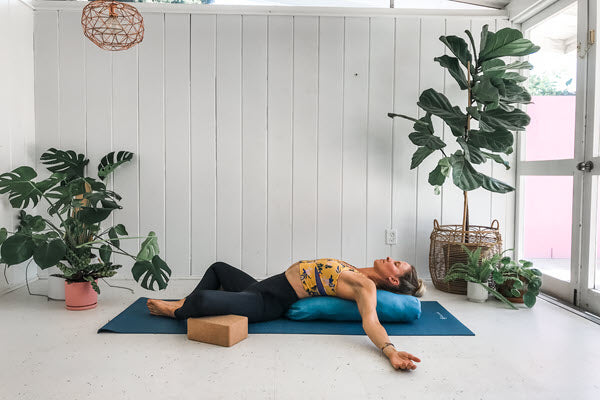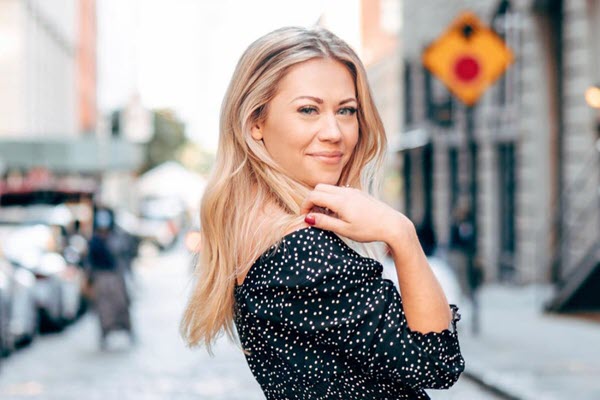An Interview With Koshin Paley Ellison

Sensei Koshin Paley Ellison is a Zen teacher and Co-Founder, with his partner Robert Chodo Campbell, of the New York Zen Center for Contemplative Care —the leading organization engaging and integrating contemplative training with caregiving through study, care and meditation. He serves on the faculty of two medical schools, their curriculum is now implemented in thirty-five medical residency programs, and they have trained over 1100 physicians from across the world in contemplative approaches to care of the dying. We sat down with him to talk about his book, Awake at the Bedside.
Gaiam: Why is this an important book for people to read?
Koshin Paley Ellison: So often, people who are working with dying people, or people who themselves are dying, feel alone and don’t have a map. This book was created as a contemplative support, a companion, a friend for those taking care of those in distress and dying, and those in distress and facing their own dying.
Gaiam: What are some of the key learnings that you had from editing this book?
Koshin Paley Ellison: This book is a guide to how we can be with ourselves, and those we care for, in the face of death. This can be such a vulnerable time in people’s lives and we will all face it. This book is important as it brings the leading voices of compassion to offer wise counsel and the struggle.
Gaiam: If Awake at the Bedside is about “listening” and being with yourself and others at the end of life, what can we learn to be kinder and more present for each other while we’re alive and well?
Koshin Paley Ellison: Often, dying is not an emergency. Life is not an emergency. How do we slow down and take a breath? Sit down and be where you are. For me this is the beginning of learning to listen and be kinder. If we stay in a distracted and fearful state, we don’t learn much.
One time I was with a family in the emergency room, and the father of four daughters and his wife were terrified. They remained in a circle about three feet from the bed of their dying father. I noticed that the father was saying something. I asked what he was saying. “We don’t know!” They said. So I went over to the man in the fetal position in the bed. I leaned in and put my ear by his mouth. Softly, he repeated, over and over, “Hold me. Hold me. Hold me.”

When I told the family what he was saying, I asked how would they like to hold him. They were frozen in fear. “That’s why we called you.” At first, I held him with my arms. “Hold me more,” he said. So I got into bed with this elderly man and embraced him. “Yes,” he said, “like that.” And after a few moments, he died. Sometimes we just have to slow down, and listen.
Gaiam: How does meditation help us to be more “awake”?
Koshin Paley Ellison: To practice meditation wholeheartedly, we need to know ourselves. To study the self is to allow the self to soften and be receptive. To soften and be receptive is to allow the world to enter us. This is what I experience as “awake”. So, being receptive and vulnerable is awakeness. For me this is why daily and moment to moment practice is essential.
Gaiam: What are the top five things that a reader will “take away” from reading the book?
Koshin Paley Ellison: Wonderful question! My wish for the takeaways are:
- Experience connection. There are many others on the path with you.
- Practice. Being awake at the bedside is a practice that we never get good at. That is the good news! Fall down and get up!
- Intimacy is always possible. If we lean in, we can allow the opportunity to know ourselves and others (and others to know themselves and us) in completely new ways.
- One moment, one chance. All we really have is our actions and what we do with our life. Don’t miss it.
- Appreciate your life. Life is precious and is like a bubble in a stream, a flash of lightening in a summer cloud. Love fully. Don’t wait. Don’t hold back.
Get your copy of Awake at the Bedside: Contemplative Teachings on Palliative and End of Life Care here today.
Also in Blog

Body Peace & Personal Empowerment

Yoga for Swimmers: Poses for Strength and Mobility

